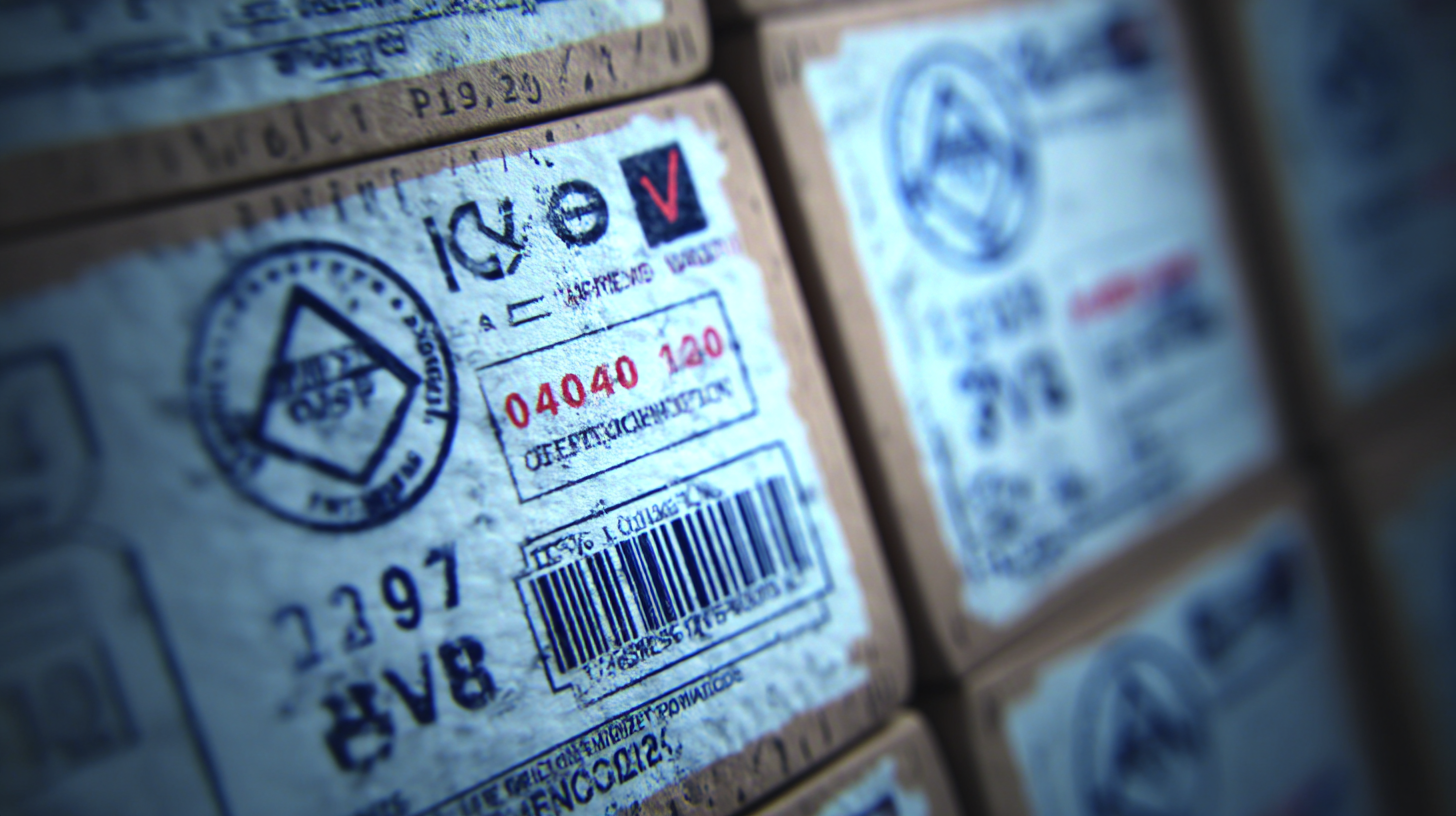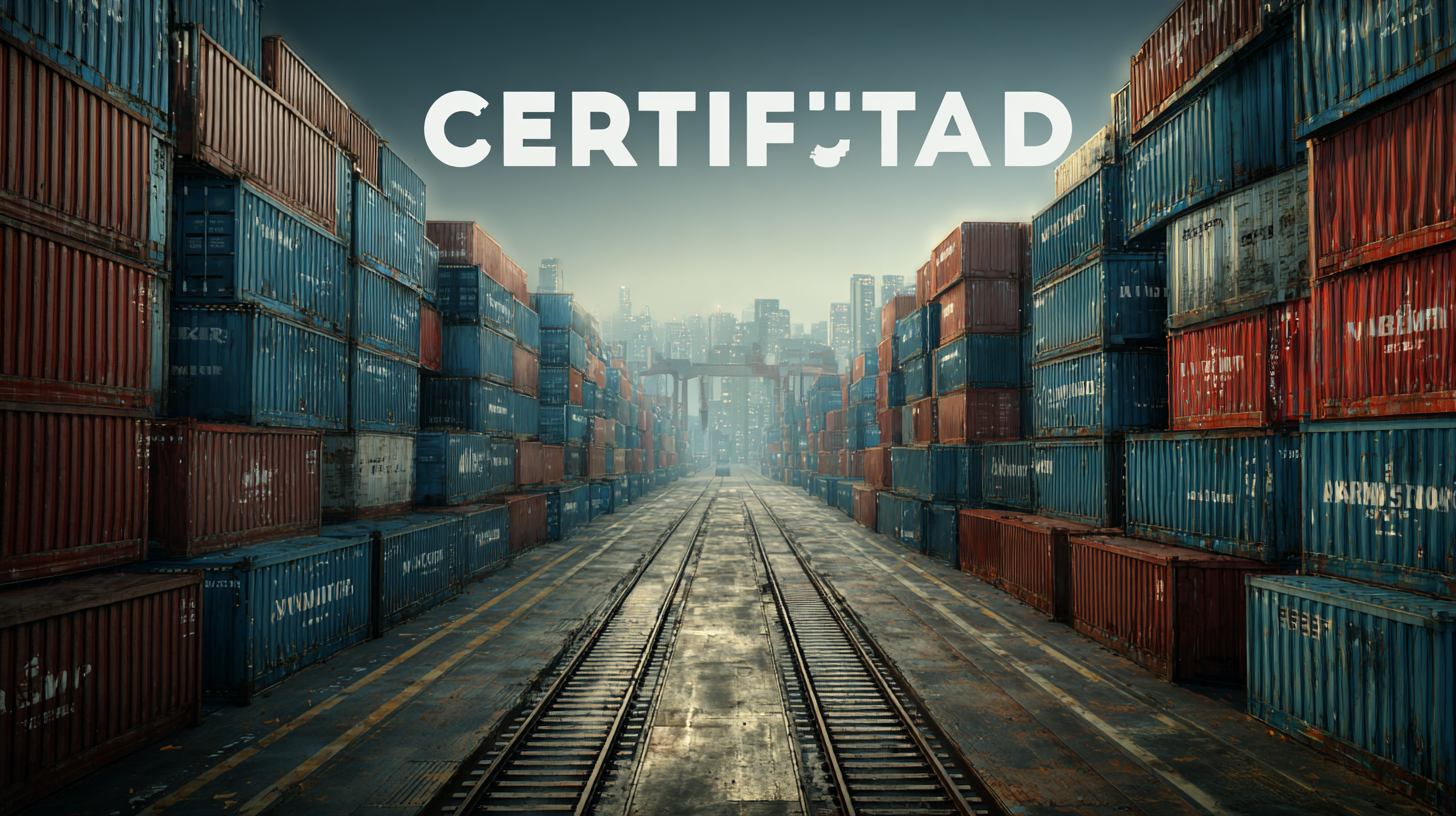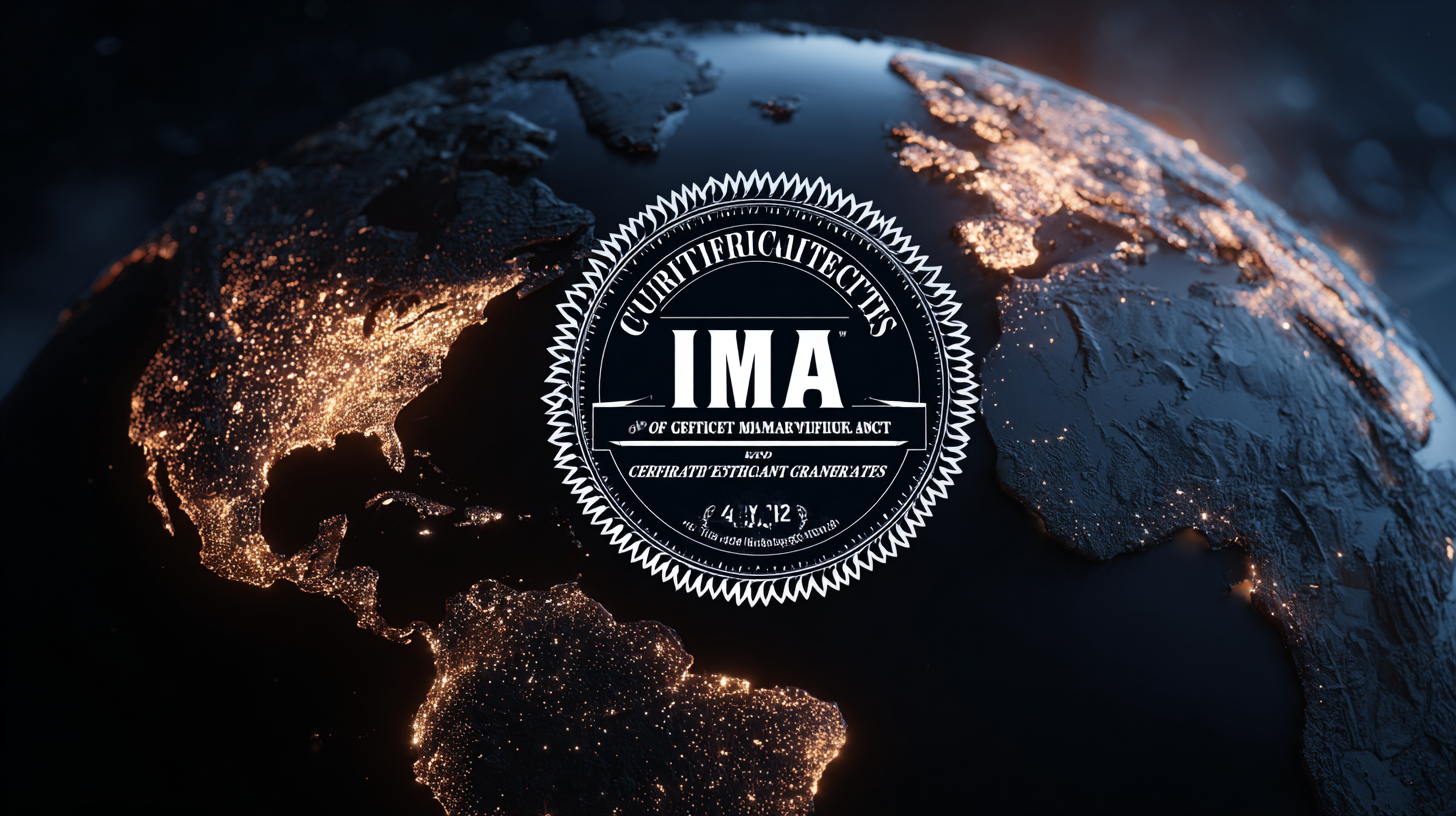
 English
English  Español
Español Português
Português русский
русский Français
Français 日本語
日本語 Deutsch
Deutsch tiếng Việt
tiếng Việt Italiano
Italiano Nederlands
Nederlands ภาษาไทย
ภาษาไทย Polski
Polski 한국어
한국어 Svenska
Svenska magyar
magyar Malay
Malay বাংলা ভাষার
বাংলা ভাষার Dansk
Dansk Suomi
Suomi हिन्दी
हिन्दी Pilipino
Pilipino Türkçe
Türkçe Gaeilge
Gaeilge العربية
العربية Indonesia
Indonesia Norsk
Norsk تمل
تمل český
český ελληνικά
ελληνικά український
український Javanese
Javanese فارسی
فارسی தமிழ்
தமிழ் తెలుగు
తెలుగు नेपाली
नेपाली Burmese
Burmese български
български ລາວ
ລາວ Latine
Latine Қазақша
Қазақша Euskal
Euskal Azərbaycan
Azərbaycan Slovenský jazyk
Slovenský jazyk Македонски
Македонски Lietuvos
Lietuvos Eesti Keel
Eesti Keel Română
Română Slovenski
Slovenski मराठी
मराठी Srpski језик
Srpski језик
Navigating Import and Export Certifications for Finding the Best Manufacturers Globally
In today’s interconnected global economy, manufacturers face a myriad of regulatory requirements that govern import and export certifications. According to the International Trade Centre (ITC), over 80% of small and medium-sized enterprises (SMEs) lack the necessary knowledge to navigate these complex standards, which can lead to significant delays and increased costs. The World Trade Organization (WTO) reports that non-tariff barriers, including certification issues, account for nearly 60% of trade restrictions currently in place. As businesses strive to enhance their competitive edge, understanding the diverse types of industry production standards becomes essential for selecting reliable manufacturers. This blog explores the intricate landscape of import and export certifications, offering insights on how to identify and collaborate with the best manufacturers globally while ensuring compliance with international standards.

Understanding Import and Export Certifications: A Key Factor in Global Manufacturing
When venturing into global manufacturing, understanding import and export certifications becomes paramount. These certifications act as a vital assurance of compliance with international standards, ensuring that products meet quality, safety, and environmental regulations. Manufacturers with the appropriate certifications signal their credibility and commitment to producing goods that cater to diverse markets while adhering to stringent regulatory frameworks.
Moreover, navigating the landscape of import and export certifications can significantly impact the sourcing process. Buyers looking for manufacturers should prioritize those with recognized certifications, such as ISO, CE, and others relevant to their industry. These certifications not only facilitate smoother customs processes but also enhance trust between trading partners, fostering robust international business relationships. In an increasingly competitive global market, having certified manufacturers can differentiate a business and provide a competitive edge, making it easier to enter new markets and expand one's reach.
Navigating Import and Export Certifications for Finding the Best Manufacturers Globally
The Role of Quality Standards in Enhancing Chinese Manufacturing Competitiveness
In today’s competitive landscape, quality standards play a pivotal role in enhancing the competitiveness of Chinese manufacturing. According to a report by McKinsey & Company, Chinese manufacturers who adhere to international quality standards can increase their market share by up to 30%. This commitment to quality not only helps in gaining client trust but also positions companies favorably in global supply chains. As Chinese manufacturers strive to meet standards such as ISO 9001 and ISO 14001, they demonstrate their dedication to quality management and environmental responsibility.

Moreover, the Global Manufacturing Competitiveness Index (GMCI) highlights that countries with robust quality assurance frameworks, including China, are better positioned to attract foreign investment. With 75% of investors considering compliance with international quality standards as a key factor in their investment decisions, Chinese manufacturers must continue to evolve and innovate. By investing in quality enhancements and certifications, they can not only comply with regulations but also differentiate themselves in an increasingly crowded market, ensuring long-term sustainability and growth in the global manufacturing arena.
How to Identify and Verify Potential Manufacturers for International Trade
When seeking reliable manufacturers for international trade, verification is paramount. According to the International Trade Centre, about 70% of international trade transactions involve counterfeit or substandard products, leading to significant losses. As such, identifying potential manufacturers requires thorough research, including reviewing certifications that prove compliance with international standards. Look for ISO certifications, quality management systems, and industry-specific credentials, which can indicate a manufacturer's capability and reliability.
**Tip:** Always request product samples and verify their compliance with your specific requirements. Engaging a third-party inspection service can provide additional assurance that manufacturers meet necessary quality standards before proceeding with larger orders.
In addition to certification validation, exploring manufacturer reviews and client testimonials can offer insights into their reputation within the industry. A survey by Deloitte reveals that businesses often prefer to work with manufacturers that have a proven track record, emphasizing the importance of referencing actual case studies or client success stories.
**Tip:** Utilize platforms like Alibaba and Global Sources, which feature supplier ratings and reviews, to compare potential manufacturers while ensuring their business practices align with ethical standards.
Navigating Import and Export Certifications for Finding the Best Manufacturers Globally
| Certification Type | Description | Importance in Trade | Region of Validity | Typical Validity Period |
|---|---|---|---|---|
| ISO 9001 | Quality Management Systems | Ensures consistent quality | Worldwide | 3 years |
| CE Marking | Conformity to Health and Safety | Indicates compliance with EU regulations | European Economic Area | Indefinite (subject to changes) |
| RoHS | Restriction of Hazardous Substances | Ensures products are free from specific hazardous materials | European Union | Indefinite (subject to review) |
| FDA Approval | Food and Drug Administration regulations | Mandatory for food and drug products in the US | United States | Not applicable (products re-evaluated as needed) |
| BIS Certification | Bureau of Indian Standards | Ensures quality for products sold in India | India | 1 year (renewable) |
Navigating Regulatory Requirements: Ensuring Compliance for Global Exports
Navigating the complexities of export certifications is critical for manufacturers aiming to establish a strong global presence. As geopolitical tensions intensify, understanding the evolving regulatory landscape has never been more important. Companies must stay informed about expanding global sanctions and new compliance expectations, especially in sectors like advanced technology and defense. For example, as highlighted in recent industry reports, an increasing number of countries are tightening export controls concerning dual-use items, necessitating a robust compliance strategy.
Tips for Compliance:
- Regularly audit your export compliance practices to ensure alignment with international regulations, especially as these laws can change rapidly.
- Invest in training programs for your employees to enhance their understanding of export controls and compliance requirements, which is essential as the risk of non-compliance rises significantly.
Moreover, multinational corporations should be proactive in implementing international compliance programs. According to a study by a leading compliance organization, companies that adopt comprehensive compliance frameworks tend to experience fewer disruptions in their cross-border operations. This means engaging in due diligence, particularly when handling sensitive data transfers, is not just advisable but essential for maintaining operational integrity in a complex global market.
Best Practices for Building Long-Term Relationships with Global Suppliers
Building long-term relationships with global suppliers is crucial for businesses aiming to enhance their competitive advantage. According to a report by McKinsey, companies that invest in supplier relationships can reduce costs by 5-10% and improve their supply chain resilience. Engaging in regular communication and collaboration with suppliers not only fosters trust but also enables businesses to respond swiftly to market changes. For instance, firms that practice strategic sourcing can gain insights into their suppliers' capabilities, leading to more informed decision-making and optimized supply chains.

Moreover, understanding cultural differences and local market dynamics plays a fundamental role in these relationships. A study by Deloitte highlights that 70% of executives rank cultural alignment as vital for effective supplier collaboration. Companies should adapt their negotiation techniques and establish clear expectations that resonate with their global suppliers' operating environments. By prioritizing relationship-building and cultural understanding, businesses can create a sustainable partnership that drives innovation and mutual growth, ultimately resulting in a more robust market presence.

